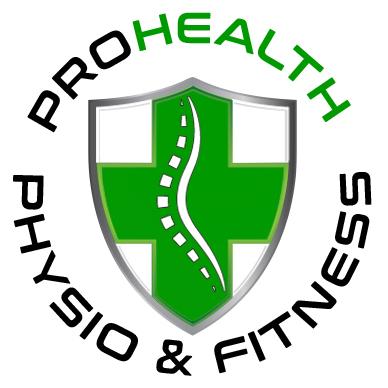It’s almost running festival season! With the City2Surf, Lane Cove Fun Run, and other running events rapidly approaching, many people are probably placing a greater amount of load on their knees. At this time of year, we often see more runners experiencing knee discomfort and especially those returning to running after a break or ramping up their training too quickly. Here’s what you need to know to stay on track and pain-free.
Knee Pain & Running Events
Although it’s great that we are out and about, getting fit and raising money, we may have lacked a key component of preparation leading up to these events, a comprehensive training program.
The knee is a robust joint, but it relies heavily on supporting muscles (especially the glutes, quads, hamstrings, and calves) to absorb impact and maintain alignment. Without adequate strength and conditioning, the repetitive load of running can lead to pain and dysfunction.
One of the most common culprits? Runner’s knee (patellofemoral pain syndrome). This condition typically presents as pain around or behind the kneecap and is often triggered by:
- Weakness in the hips or core
- Poor running mechanics
- Sudden increases in training volume
- Fatigue during long runs
Runner’s knee is an umbrella term describing some painful symptoms at the knee, particularly around the kneecap. These symptoms can come on at a certain point in time during exercise and are caused by fatigue and weaknesses in the trunk, hips, thigh, leg and feet. Muscular fatigue with prolonged exercise ultimately results in deviations from normal knee joint function, meaning your bones and ligaments take excessive load they’re not used to. After some time, these symptoms become more prominent and persistent, especially with physical activity.
Common Symptoms
- Dull ache around the kneecap during or after running
- Pain when walking downstairs or squatting
- Clicking or grinding sensations in the knee
- Discomfort after prolonged sitting
If these sound familiar, it’s time to take action before the pain sidelines your training.
Already Feeling the Niggle?
Don’t push through the pain. Early intervention can prevent a minor issue from becoming a major setback. At PROHEALTH PHYSIO & FITNESS (EP), we can help with:
- Running assessments
- Developing personalised rehab and strength programs
- Providing manual therapy and taping techniques
- Advice on footwear and training modifications
Ready to Run Pain-Free?
Whether you’re gearing up for your first fun run, chasing a PB, for the running events or getting back into fitness, we’re here to support your journey. Book an appointment today and let’s keep your knees and your goals moving forward.
Further information
Title: Patellofemoral pain syndrome
Source: Springer Link - Knee Surgery, Sports Traumatology, Arthroscopy
Read Time: 30 Minutes
Title: Patellofemoral pain syndrome (PFPS): a systematic review of anatomy and potential risk factors
Source: Bio Medical Central
Read Time: 30 Minutes

